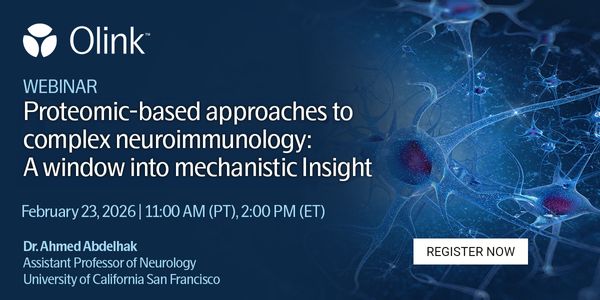I'm biased, and I know it! What can we learn from cognitive bias research in forensic science?
-
Niki Osborne, PhD
Research Scientist, Special Programs, National Institute of Standards and Technology (NIST), Expert Working Group on Human Factors in Forensic DNA InterpretationBIOGRAPHY
The potential for cognitive bias in forensic evidence interpretation and crime scene investigation continues to receive attention and debate within forensic and academic communities. Starting with just a few studies in the early 2000s, cognitive bias has now been examined in nearly every forensic discipline and is a dedicated topic within many scientific committees and working groups around the world. This presentation will track the progression of cognitive bias studies and their influence on forensic science practice, as well as highlighting the challenges inherent in designing and carrying out such research. We will also examine the benefits to implementing contextual information management, and how rethinking the role of contextual information in forensic decision-making facilitates some much-needed discussion about the true nature of scientific reasoning in forensic science.
This will be an interactive presentation. Please bring a pen and paper and play along as we challenge some of our own biases!
Learning Objectives:
1. Identify the challenges inherent in cognitive bias research as it relates to forensic evidence interpretation
2. Understand the difference between “bias” and the “application of task-relevant contextual information.”
3. Recognize the value of contextual information management procedures, regardless of the outcome of cognitive bias studies.
Please update your information
Certificate of Participation
DOWNLOAD CERTIFICATE






